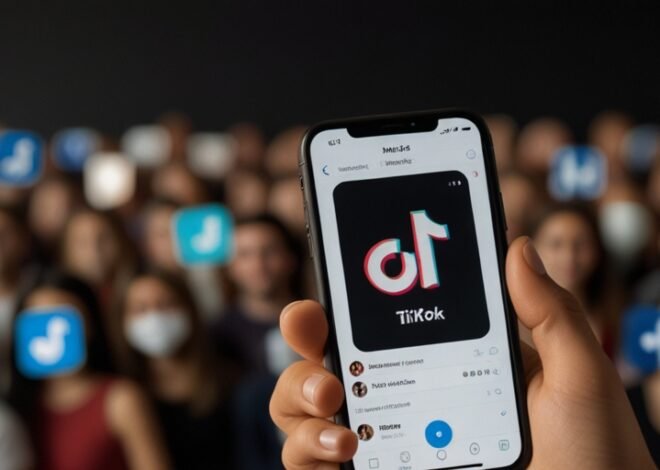
Social Media Giants Face Backlash Over AI Generated Content
The use of AI-generated content on social media platforms has recently been heavily criticized and is becoming a major issue for both users and content creators. It all started after Meta’s Instagram came out with AI-driven profiles that are able to come up with and share their very own content. Although the corporation has underscored it as an excellent strategy to better the user experience, many of them are worried about the genuineness and originality of the material they might come across while on the platform.
The most energetic resistance has been shown by content producers who think AI-generated content stands as the main danger to their career and lessens the value of human creativity. Quite a few notable influencers have drastically criticized the decision and some were even ready to desert the platform entirely. This stance that the platform is a free-speech zone is not limited to Instagram, of course. There are a bunch of users on other social media platforms, as well as on Twitter, TikTok, and YouTube, who are certainly uphill in regard to the possible consequences of AI-produced content getting a bigger share of the market.
Meta, who owns Instagram and Facebook, has given the affirmative about its use of AI-generated content in their statement, repeating that it is just a nice extra to the app and not planned to discard the human product. However, this point of view has not been much successful in preventing the escalation of the annoyance of the consumers. Most of them prefigure that the frictionless opposition between real writers and computer material will grow up until the users no longer can differentiate what is real and as the result of computer processing.
AI’s role in media and content creation has now turned to a whole new level in the way it functions. AI supporters suggest that AI technology can be more creative and productive users, while those against AI argue that allowing AI to dominate the scene will lead to a rise in the number of low-quality and generic articles on platforms. Moreover, the topic has also seized the interests of legislators and policy-makers, with some of them calling for the establishment of new norms to regulate AI use in social media content creation. This debate has caught the attention of regulators and policy-makers, with some calling for new guidelines to govern the use of AI in social media content creation.
Even as the controversy continues, social media companies are coming together in a hurry to react to the users’ problems. A few networks have revealed their plans to change the settings in a way that would show which content is AI-generated or not, while the rest are currently working on securing an option for participants to have a more refined flow of posts in their news feeds. However, these measures have been met with skepticism from critics who argue that they do not go far enough in addressing the fundamental issues raised by AI-generated content.
Furthermore, the resistance mounted against the prefabricated (generated) content on social media platforms and machine-written articles has also grown, which ultimately gave rise to the growth in the popularity of other social networks that spotlight on the human creator in the wake of the so-called AI invasion. Some of these smaller social media platforms that focus on the creative impact of the human factor and authentic ideas have experienced bigger user sign-ups in recent time periods. This trend makes us think that in a new market, there might well be trendy social media interfaces, for example, which put the likes of human connection and user creativity first and foremost over other aspects like artificial intelligence.
As time goes by and the debate on the topic of AI-generated content continues, it is very clear that social media companies ought to walk that tightrope of presenting the most innovative content and, at the same time, building a relationship with the users. The next months will involve numerous developments in this regard with platforms experimenting with new ways to seamlessly integrate AI technology along with addressing the users’ concerns. The upshot of the controversy could cause social media to be changed in a most profound way as well as the role of artificial intelligence in our digital lives.


